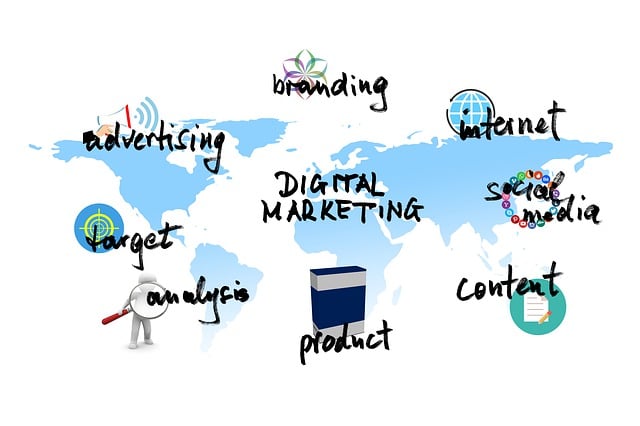AI kitchen-to-table timing monitors are transforming food service operations with advanced analytics, optimizing every stage from preparation to delivery. By processing real-time data and using machine learning, these systems predict demand, manage inventory, reduce wait times, and adapt to consumer preferences, enhancing customer satisfaction and streamlining processes. This technology offers a competitive edge, enabling businesses to make agile, data-driven decisions, cut costs, and drive growth in dynamic markets.
“Unleash the power of data-driven decisions with AI business systems. In today’s fast-paced market, understanding and implementing artificial intelligence is crucial for staying ahead. This article explores the transformative impact of AI in decision-making processes, focusing on the innovative role of AI kitchen-to-table timing monitors.
We’ll delve into how these monitors optimize operations, enhance efficiency, and ensure timely deliveries. Additionally, we’ll discuss strategies for implementing and refining data-informed approaches to stay competitive. Get ready to revolutionize your business with AI.”
- Understanding AI-Driven Business Decision Systems
- The Role of AI Kitchen-to-Table Timing Monitors
- Implementing and Optimizing Data-Informed Strategies
Understanding AI-Driven Business Decision Systems

AI-driven business decision systems are transforming the way organizations operate by leveraging advanced analytics and intelligent algorithms. These systems analyze vast amounts of data, from customer behavior patterns to market trends, to provide insights that enable more accurate and efficient choices. One prominent application is the use of AI kitchen-to-table timing monitors, which optimize food service operations by predicting demand, managing inventory, and minimizing wait times.
By integrating real-time data feeds, machine learning models can adapt to changing consumer preferences and external factors. This not only enhances customer satisfaction but also streamlines business processes, reducing operational costs. Such AI systems offer a competitive edge, allowing businesses to stay agile and responsive in dynamic markets, ultimately driving growth and success.
The Role of AI Kitchen-to-Table Timing Monitors

AI kitchen-to-table timing monitors are transforming the way businesses optimize their operations, from food preparation to service delivery. These intelligent systems leverage artificial intelligence algorithms to track and analyze every step of the process, ensuring a seamless and efficient customer experience. By monitoring key performance indicators such as cooking times, order flow, and wait times, AI kitchen-to-table timing monitors enable restaurants and other food services to make data-driven decisions that enhance menu planning, staffing levels, and overall productivity.
These monitors don’t just optimize the backend; they also improve customer satisfaction by reducing wait times and increasing the accuracy of order fulfillment. This real-time visibility allows businesses to quickly identify bottlenecks, adjust strategies, and adapt to changing demands. In today’s competitive market, AI kitchen-to-table timing monitors are a game-changer, offering a competitive edge through enhanced efficiency, cost reduction, and improved customer engagement.
Implementing and Optimizing Data-Informed Strategies

Implementing data-driven strategies is a transformative step for businesses aiming to stay competitive in today’s digital landscape. By leveraging AI and its ability to analyze vast amounts of data, companies can gain invaluable insights that inform their decision-making processes. This includes the strategic use of AI kitchen-to-table timing monitors, which optimize operations by tracking food preparation and service times, ensuring a seamless dining experience.
These monitoring systems collect real-time data on various factors, such as customer orders, kitchen load, and service speed. With this data, businesses can identify bottlenecks, adjust staffing levels, and refine their menu offerings to enhance overall efficiency. Optimizing these processes leads to cost savings, improved customer satisfaction, and a competitive edge in the market.
AI kitchen-to-table timing monitors play a pivotal role in enhancing business decision-making processes, enabling companies to optimize their strategies and gain a competitive edge. By leveraging data-driven insights, businesses can streamline operations, improve customer experiences, and make informed choices every step of the way. Implementing AI across various stages, from understanding consumer behavior to optimizing supply chains, ensures efficient resource allocation and fosters sustainable growth in today’s fast-paced market.
